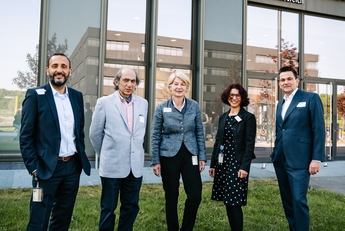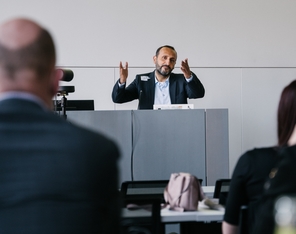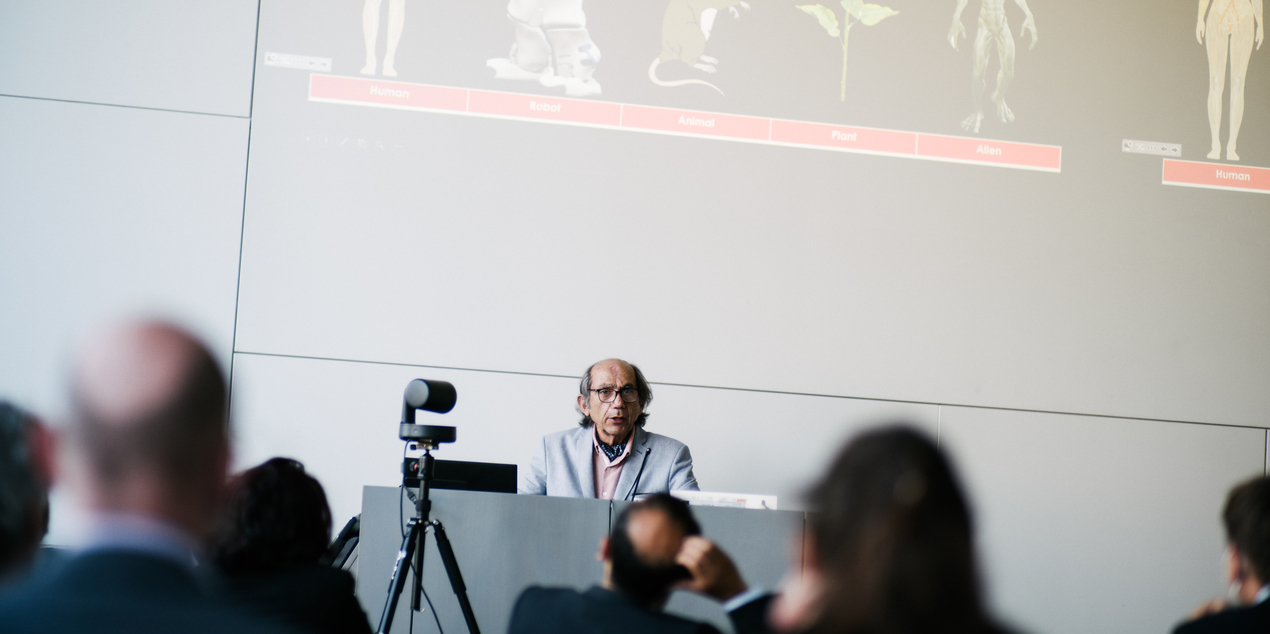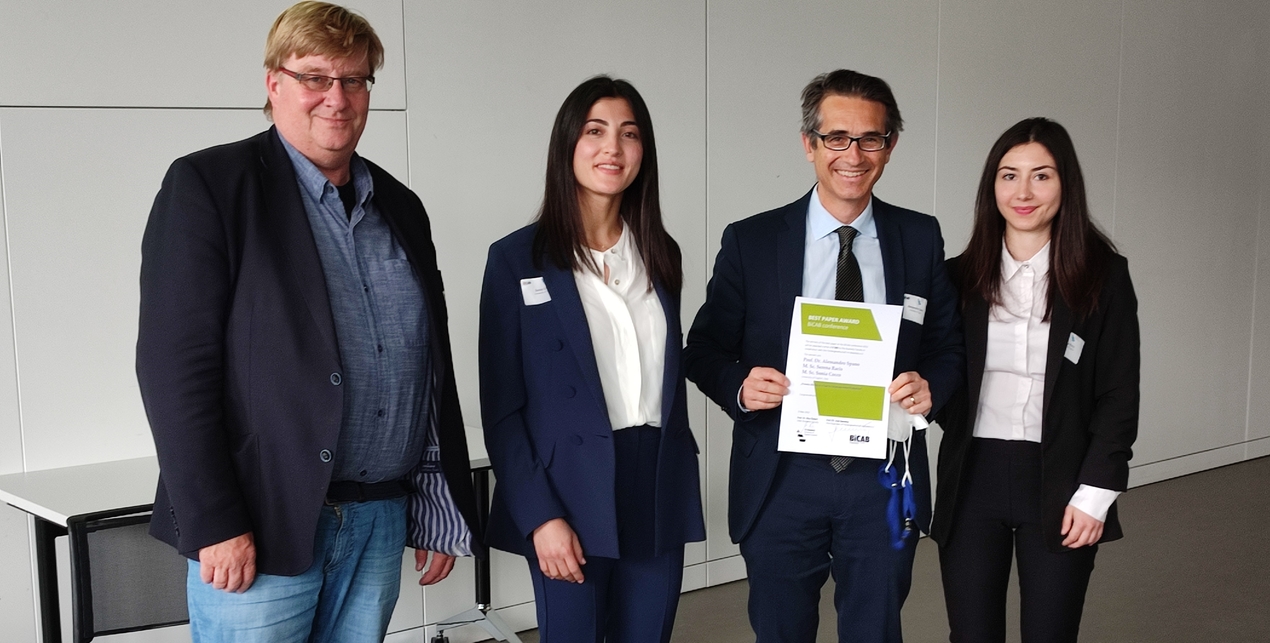- Home
- Hochschule
-
Studium
- Studienangebote
-
Beratung
- Studienorientierung
- Zentrale Studienberatung
- Studienfachberatung
- Psychosoziale Beratung
- Studienfinanzierungsberatung und Stipendien
- Schreibberatung
- Studieren mit beruflicher Qualifikation
- Studieren mit ausländischen Zeugnissen
- Studieren mit Handicap
- Studieren mit Familie
- Informationen für Schulen
- Auslandsaufenthalt
-
Bewerbung
- Auswahlgrenzen und Vergabeverfahren (NC)
- Bewerbungsportal
- Bewerbung Schritt für Schritt: Von der Bewerbung bis zur Einschreibung
- Bewerbung für ein höheres Fachsemester
- Bewerbung mit beruflicher Qualifikation
- Gasthörerschaft und Zweithörerschaft
- Kontakt Studierendenservice
- Losverfahren
- Promotion
- Sonderanträge
- Studiengang wählen
- Wer kann an der HSBI studieren?
- Studienstart
-
Studium organisieren
- Studierendenservice
- Abschlussunterlagen
- Anerkennung von Leistungen
- Anträge einreichen
- Beurlaubung
- CampusCard
- Einreichung schriftliche Arbeiten
- Exmatrikulation
- IT-Services
- Online-Serviceportale (LSF/CAT)
- Prüfungsangelegenheiten: Ordnungen, Modulhandbücher
- Rücktritt von einer Modulprüfung
- Rückmeldung
- Semesterbeitrag
- Semesterticket (Studi-Deutschlandticket)
- Semester- und Vorlesungszeiten
- Studienbezogene Auslandserfahrung
- Studiengebühren
- Vorlesungsverzeichnis
- Rund ums Studium
- Fachbereiche
- Forschung
- Transfer
- Weiterbildung
- Internationales
- Karriere an der HSBI
First Bielefeld International Conference on Applied Business Organised by the Faculty of Business a Great Success
More than 70 international guests from academia and business discuss the challenges and opportunities of big data in business as well as new requirements for business studies.

Bielefeld (fhb). In the context of digitalisation, big data poses a major challenge for companies. Boosted by Covid-19, the amount of data companies receive is rapidly increasing. There is a huge need for data intelligence in order to use this information in a targeted way for the competitiveness of a business. As part of the International Week, the first “Bielefeld International Conference on Applied Business” (BiCAB) organised by the Faculty of Business of Bielefeld University of Applied Sciences offered a platform to discuss the challenges and opportunities of big data in business. Around 70 participants from international universities and regional companies accepted the invitation to the conference under the motto “Data-driven decisions in enterprises – Implications for business education and cases.”
“The first BiCAB on the subject of big data was an important milestone on the way to further internationalising the activities of the Faculty of Business,” said dean Prof. Dr. Riza Öztürk. “The participants from 14 countries have received a valuable stimulus for teaching, research and working life. In the coming years, we will continue to develop BiCAB into the profile-defining conference of the Faculty of Business and thus also make our contribution to the university’s ongoing internationalisation.”

Business studies cannot forgo coding!
The keynote speeches by Dr. Stefan Breit, Executive Director Technology at Miele, and Prof. Dr. Haldun Akpinar, former Director of the Department of Business Informatics at Marmara University (Istanbul), made it clear that data intelligence should be a core competence for all students and must therefore be incorporated in the curriculum of business studies.
“Digitalisation is everywhere!” Dr. Stefan Breit

summed up and started with an example from his company. With a camera in an oven, images of baking behaviour were collected to design an intelligent oven. Ideally, human involvement is no longer necessary in a baking process, because the oven decides when the baking process is finished based on individual user data. More and more projects of this kind require graduates with knowledge of business analytics, coding and machine learning. Currently, the company has 300 vacancies in the field of digitalisation and intelligent systems and is urgently looking for “digital talent.”
Prof. Dr. Haldun Akpinar confirmed this demand. He emphasised that IT-supported business decisions are increasingly becoming the focus of management. From this, he concluded the need for a revised curriculum for the training of the students, in which these skills are represented. “All business study programmes will have to be subsumed under the umbrella of Business Analytics,” he said. This would require more teaching staff in the IT sector.
12 papers from six countries analyse examples from companies and studies

Further aspects and application scenarios, both with regard to companies as well as with concepts for university education, were described in the scientific studies of international experts. In 12 papers from six countries, examples of companies from the fields of marketing, accounting, logistics, taxes and IT security were presented and the potential incorporation in teaching was discussed. “The different approaches have shown that we have to motivate students because they do not immediately recognise the direct added value of these skills,” said Prof. Dr. Riza Öztürk. “To do this, it’s important to develop a big data mentality to get both teaching staff and students excited about this new direction. The discussion also raised the question of whether the groundwork for this should not already be laid in school education.”
A scientific jury and the participants of the conference distinguished two papers that had emphasised these precise requirements in particular. Prof. Dr. Spano, M. Sc. Serena Racis and M. Sc. Sonia Cocco from Cagliari (Italy) with the paper titled “Process Mining as a Tool to Corporate Value Production” and Andreas Uphaus with the paper titled “A Constructive Learning Model for Data Analytics in Treasury” received an award amounting to 500 euros each from Fördergesellschaft der FH Bielefeld (Association to Promote Bielefeld UAS), which was presented by Prof. Dr. Benning, Vice President of the Fördergesellschaft.
Conference content with practical relevance for companies and universities

The conference was rounded off by a presentation held by the start-up Phaina GmbH, a company of the Böllhoff Group. The company’s software helps customers choose the product they need when faced with a wide range of offers. Chief Executives Marcel Rösner and Dominik Witt said: “The software learns from several million customer decisions and can quickly find the product that meets individual customers’ needs or generate a potential demand for a new product when new requests are made.” This current best-practice example once again demonstrated that the issue of big data is becoming more and more prevalent in companies and that universities must meet these requirements in teaching.
“The lively discussion shows the scientific added value of the conference,” said Öztürk. “International reflection, in particular, was an important instrument. A survey among the participants showed that almost 90 percent of them regarded the conference content as practical and more than 70 percent were able to use the content in the company or at the university. We look forward to the second conference next year with a new range of topics!” (nkö/she)
The BiCAB conference is to be held regularly on current topics in the coming years. The organisation team accepts suggestions for topics with international relevance at bicab@fh-bielefeld.de .
Links
BiCAB
Faculty of Business
International Activities at the Faculty of Business
For further pictures, please contact presse@fh-bielefeld.de.





